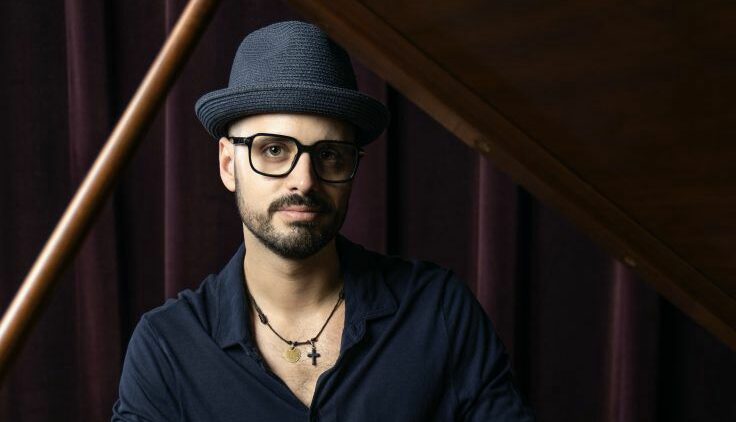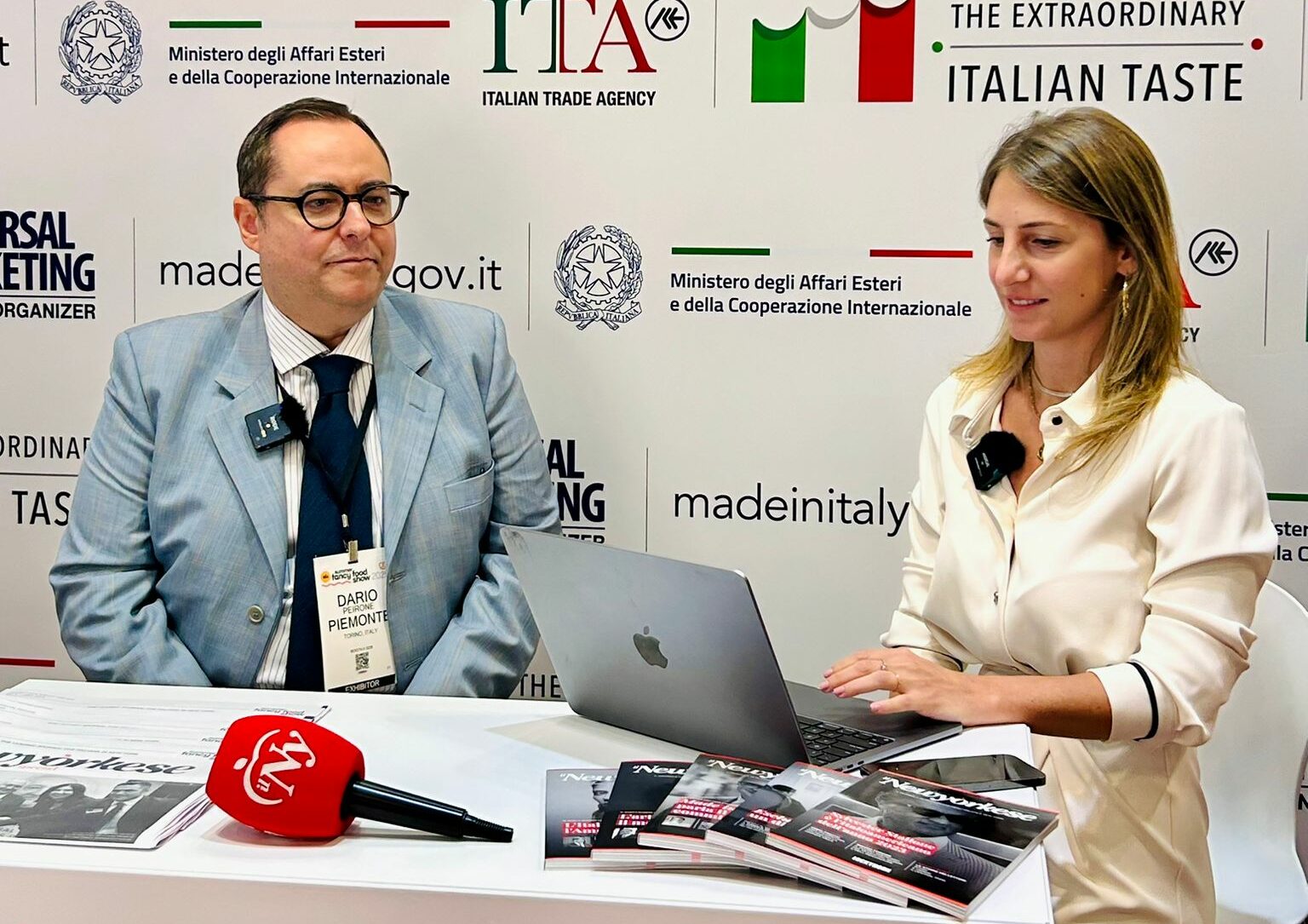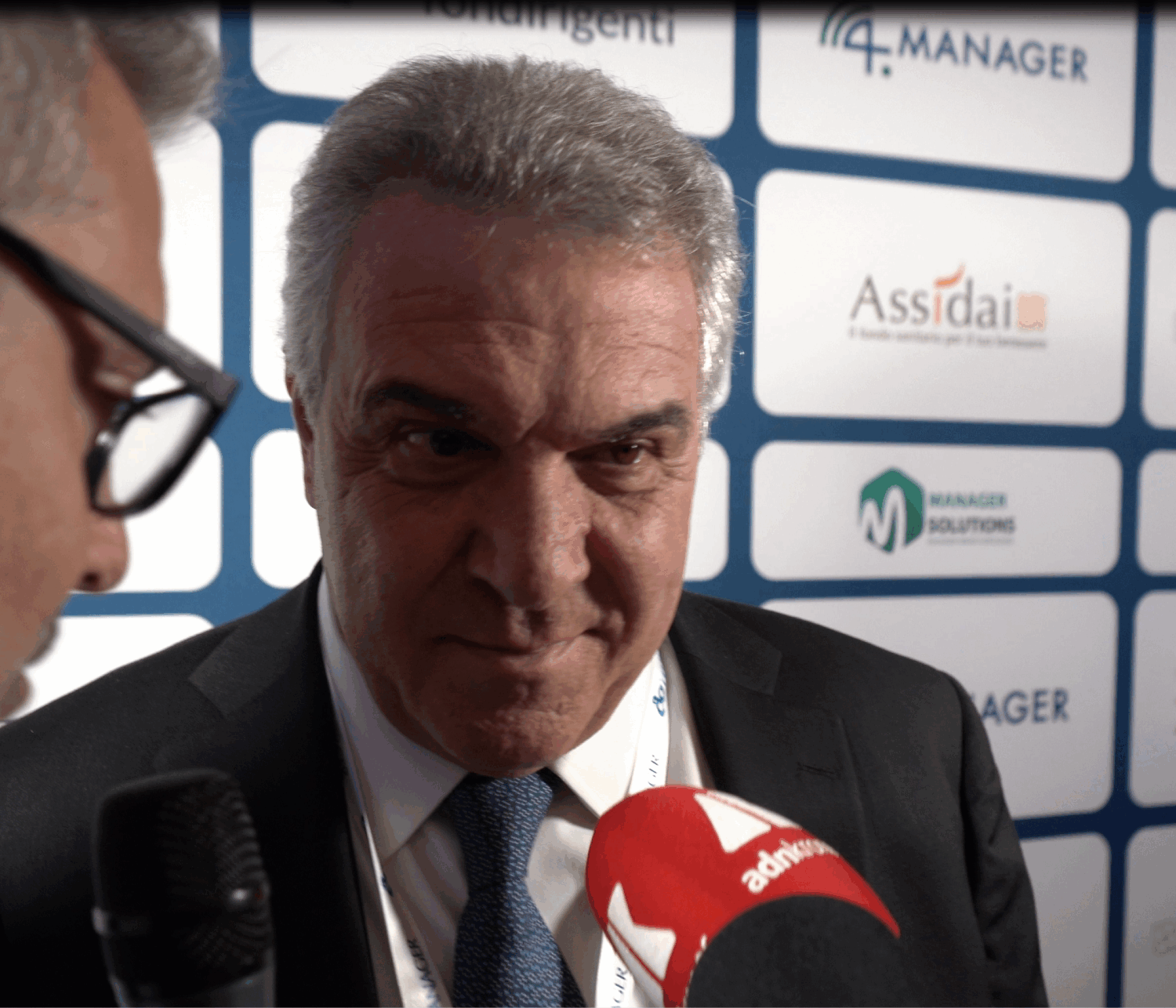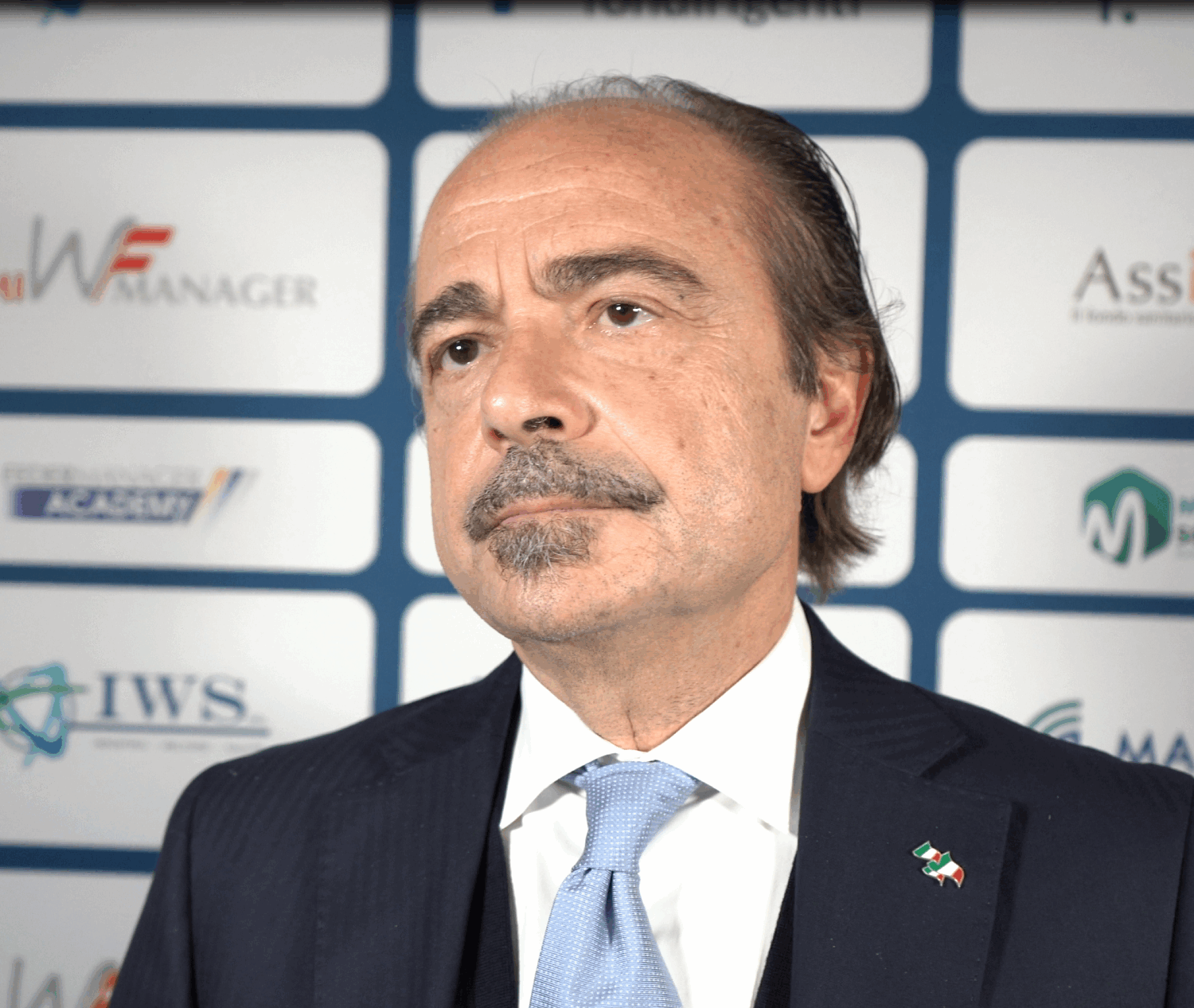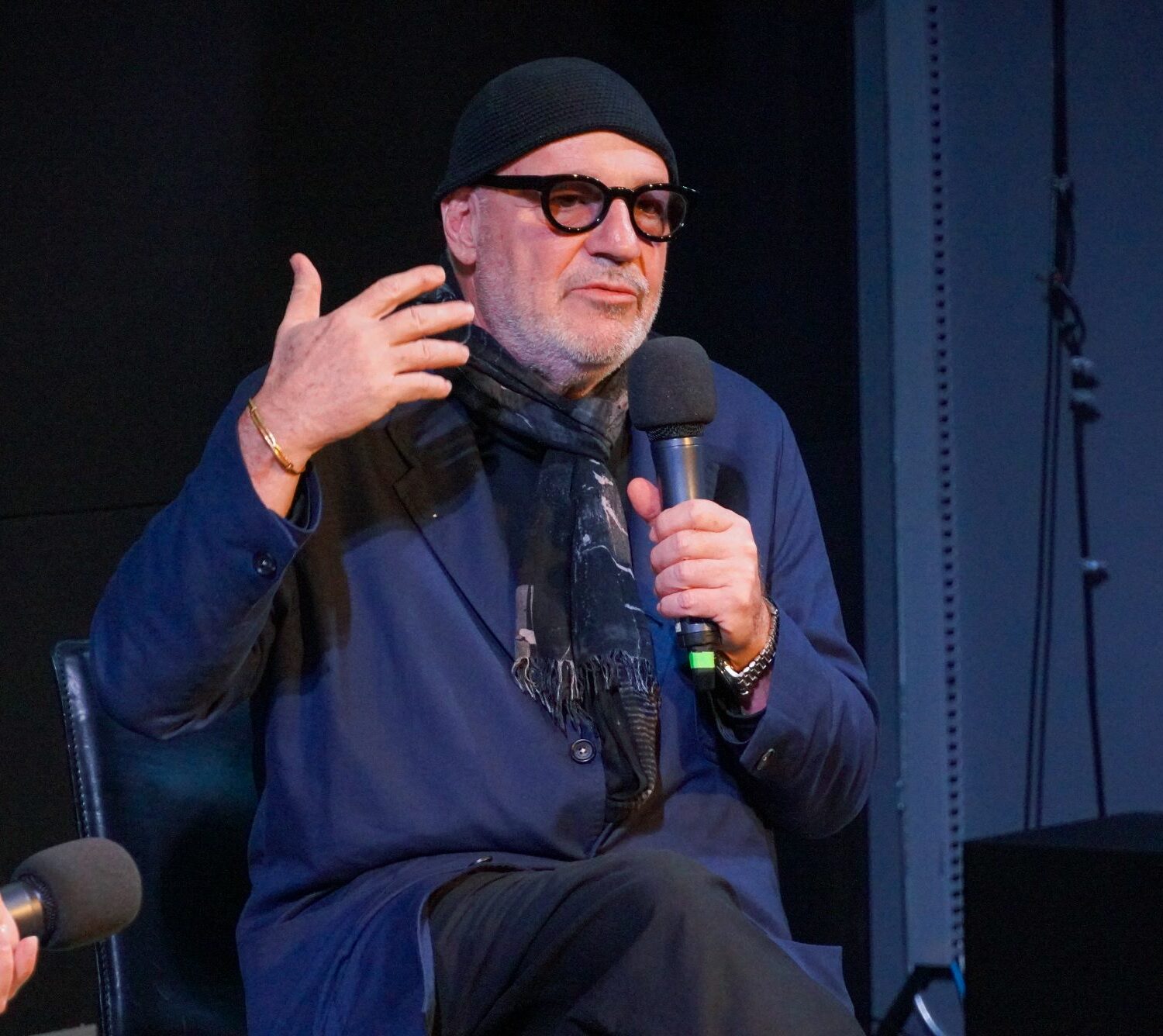Andrea Domenici, born in Lecco and moved to New York in 2012, is a pianist, composer and jazz arranger who has already achieved important international awards. His titles include the victory of the first edition of the “Premio Gianni Basso” as the best soloist and the first prize at the “La Spezia Jazz Competition” as the best pianist. After earning a bachelor at The New School for Jazz and Contemporary Music and a master’s degree at The Juilliard School, he collaborated and shared the stage with artists such as Wynton Marsalis, Roy Hargrove, Peter Washington and Billy Drummond. His debut album as leader, Playing Who I Am, he sees Peter Washington’s participation on bass and Billy Drummond on drums. He regularly performs as a resident pianist in New York and continues to develop composition and reinterpretation projects of jazz repertoire. We interviewed him for IINew York.
How is your musical journey born and what led you to move to New York?
It started with my father’s family. Then I found a teacher who helped me a lot, named Mario Rusca, who taught me to play the piano. Then I met musicians who had been in New York, one of them is Dado Moroni who has been my mentor for many years. New York represented the natural destination: it is a city where jazz is alive in every corner, where you can listen and play every day, learning all the time. I moved to 2012 I went first to The New School for Jazz and Contemporary Music where I did my Bachelor and then I did the Master’s degree at The Juilliard School later. That experience allowed me not only to grow artistically, but also to build my own musical language, in balance between the Italian roots and the freedom of American improvisation.
How would you describe your music and influences that formed it?
Surely the American jazz tradition, with the great pianists I studied and loved – from Bill Evans to Herbie Hancock made a great contribution. Finished my studies, my first trio lead record with Peter Washington on double bass and Billy Drummond on drums, called Playing Who I Am. When I recorded Playing Who I Am, I wanted an authentic sound, without artificial: three people in a room, who dialogue through music. That was exactly the case. The title reflects this: playing who I am, without compromise, with sincerity but also with a personal look. One is titled For Kenny, who is dedicated to pianist Kenny Barron who was one of my teachers here in the United States so I’m very tied up and dedicated a song to him. Then there is a piece called Daniela that was dedicated to my aunt who had just disappeared. Probably For Kenny is the most successful piece. There is some good energy in that song.
How do you see the future of jazz in a city that also lives with so much commercial and pop music?
I noticed that after the pandemic people got used to watching phones and screens constantly. The ability of attention of any person, apart from the musical knowledge in general, has declined drastically. When I played before the pandemic in different places in New York I realized that there was more participation, more will to listen, more focus than the listener. While I think after the pandemic this aspect has changed. Many New York clubs, which are not jazz-clubs, want jazz for an image issue, not because people really want to listen to music. There are certain places in New York, such as Village Vanguard, where fortunately still pushes the listener to listen.
How is today the experience in the city’s jazz clubs and what are the ones you feel most tied to?
Today going to clubs in New York is very different from how it was even ten or fifteen years ago. Not always the environment is really “musician friendly”. Among the clubs I prefer there is undoubtedly Mezzrow a small and harvested place, almost “religious”, where silence and respect for music reigns, with always curated programming and instruments of excellent quality. Its “gemello” is the Smalls, which I love even if it has a more sporty atmosphere. Mezzrow, on the other hand, preserves a charm of past times: It reminds me of the clubs of the 1990s, like the legendary Bradley’s, which was on University Place near Union Square and where many musicians from the old guard grew up. I’ve never seen it in person, but everyone has talked to me about it with a mixture of nostalgia and respect. In a way, Mezzrow represents its legacy.
How do you see today the evolution of jazz and the future of the craft of musician, between new influences and the tradition that resists?
Jazz is a live language, open to contamination. Then if influences are positive or not, that depends on tastes. But I believe that jazz always maintains its precise identity, which revolves around swing, to its rhythmic appearance. It is what remains fundamental to me: you can change harmonies, languages, tools, but swing is what makes jazz recognizable and vital. In New York, when you go to a club that pulsation still feels it. That’s what I want to keep in my music. I do not consider myself a traditionalist, I love the nuances and new influences, but when I listen to something improvised without swing, they instinctively allud me. He doesn’t catch me. It’s like the lifeblood is missing.
In addition to your activity as a musician, you are also taking care of the direction of Chopin & Friends Festival..
The Chopin & Friends Festival is a beautiful project that I carry on with my wife, the classical pianist Rodoslawa Jasik. It is a historical festival, born 25 years ago, but recently the management changed: the former president, now old, retired and asked us if we wanted to continue to make him live. We have accepted with enthusiasm. Our first edition as directors was last year, and we decided to keep the structure on three concerts. It will also be in a special month, because it celebrates both Polish Heritage Month and the Italian Heritage Month. It seemed natural to me to join these two worlds — I Italian, you Polish — in a common space dedicated to Chopin, but also to the artists who have let themselves be influenced by him. Last year we invited pianist Alberto Nosè, winner of one of the past editions of the Chopin Competition in Warsaw, who held an extraordinary recital. This year the program includes a trio of violin, cello and piano, a Polish duo of singer and pianist, and a concert that I personally treated in homage to Oscar Peterson, on the day of his birth anniversary. On stage with me there will be John Hasselback III to the trumpet, Peter Washington to the double bass and Ulysses Owens Jr to the battery. To close the festival, on November 24, will be the Italian pianist Luca Filastro, with a program that interweaves classical music — from George Gershwin to Chopin — and jazz. The festival is organized with the support of the Polish Consulate and with the patronage of the Italian Consulate. I’m very excited about this initiative.
What fascinates you more than the power of music?
What I love about music is that it compels you to be honest. When you play you can’t lie, you can’t hide. Music speaks on its own: either it comes, or it does not come. There is no way to manipulate it. That’s why I always say it’s white or black, there’s no grey area. And even if every emotion can affect you, you can’t always play in every mood. I need a sincere connection, a balance. But for this reason the music is so special: It puts you in front of yourself, compels you to be authentic. In a world where everything is filtered or built, music remains one of the few experiences in which you can and must be true.
L’articolo Andrea Domenici, from Italian jazz to New York scene proviene da IlNewyorkese.

